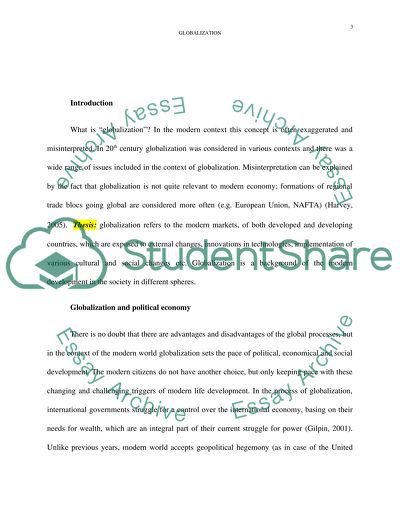Cite this document
(“Is Hazard Transfer an Inevitable Consequence of Globalization Essay”, n.d.)
Is Hazard Transfer an Inevitable Consequence of Globalization Essay. Retrieved from https://studentshare.org/social-science/1403430-is-hazard-transfer-an-inevitable-consequence-of
Is Hazard Transfer an Inevitable Consequence of Globalization Essay. Retrieved from https://studentshare.org/social-science/1403430-is-hazard-transfer-an-inevitable-consequence-of
(Is Hazard Transfer an Inevitable Consequence of Globalization Essay)
Is Hazard Transfer an Inevitable Consequence of Globalization Essay. https://studentshare.org/social-science/1403430-is-hazard-transfer-an-inevitable-consequence-of.
Is Hazard Transfer an Inevitable Consequence of Globalization Essay. https://studentshare.org/social-science/1403430-is-hazard-transfer-an-inevitable-consequence-of.
“Is Hazard Transfer an Inevitable Consequence of Globalization Essay”, n.d. https://studentshare.org/social-science/1403430-is-hazard-transfer-an-inevitable-consequence-of.


